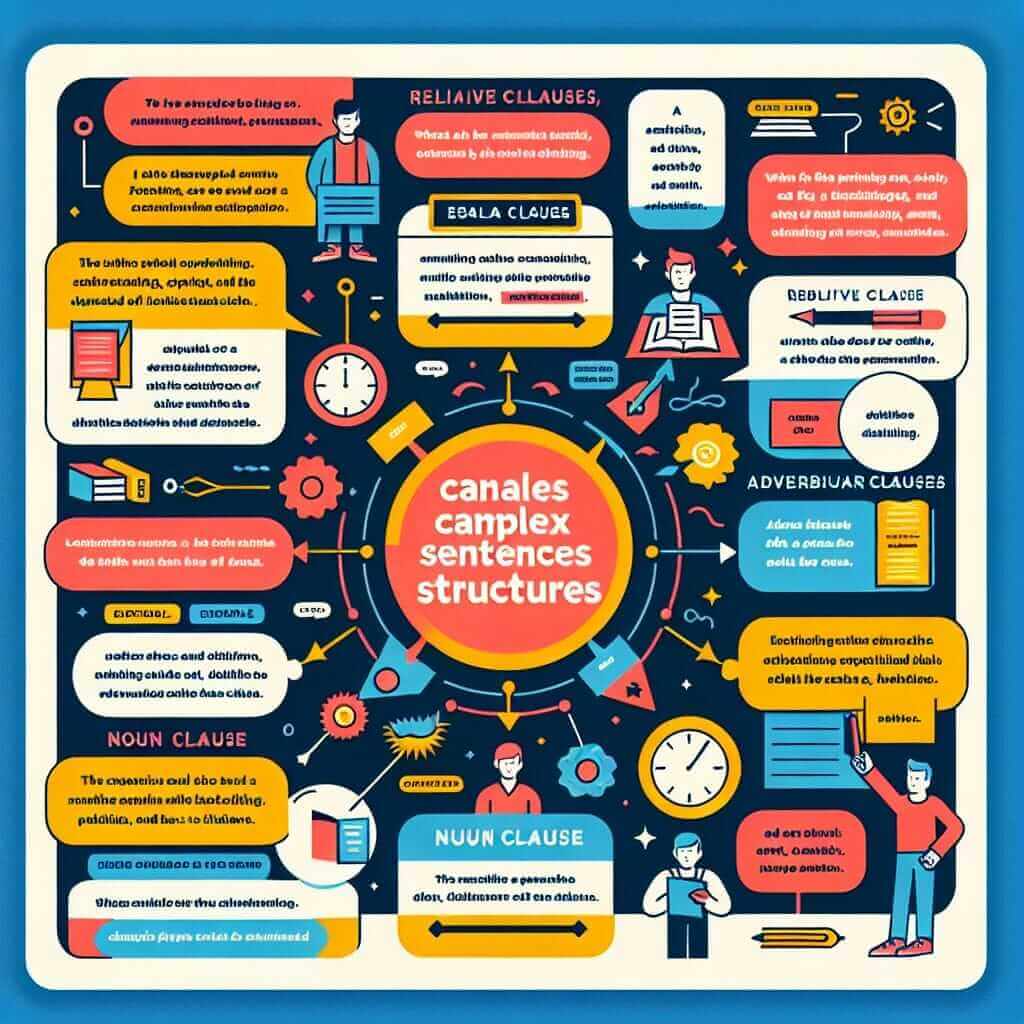In the IELTS Speaking test, your ability to use a range of grammatical structures accurately and appropriately is key to achieving a high score. While using simple sentences clearly is important, demonstrating mastery over complex sentences allows you to showcase a more advanced level of English, ultimately leading to a higher band score. This article will guide you on how to effectively incorporate complex sentences into your IELTS Speaking responses.
Understanding Complex Sentences
A complex sentence consists of one independent clause (a complete thought) and one or more dependent clauses (cannot stand alone as a sentence). Dependent clauses are often introduced by subordinating conjunctions (because, although, when, if, etc.) or relative pronouns (who, whom, whose, which, that).
Here’s a simple example:
- Simple Sentence: I like to read books.
- Complex Sentence: I like to read books that challenge my perspective.
The dependent clause “that challenge my perspective” adds more information to the sentence and demonstrates a higher level of grammatical complexity.
Types of Complex Sentences to Use in IELTS Speaking
There are numerous ways to construct complex sentences. Here are a few types particularly useful for the IELTS Speaking test:
1. Relative Clauses
Use relative clauses to provide extra information about a noun.
- Example: One of my hobbies, which I’ve been doing since childhood, is playing the piano.
2. Adverbial Clauses
These clauses answer questions like when, where, why, or how.
- Example: Although I enjoy traveling, I haven’t had many opportunities to do so recently.
3. Noun Clauses
These clauses act as the subject or object of a verb.
- Example: What I find most interesting about history is how it shapes our understanding of the present.

Incorporating Complex Sentences Naturally
The key to using complex sentences effectively is to incorporate them naturally into your speech. Don’t force them, as this can sound awkward and unnatural.
- Start Slowly: If you’re not used to using complex sentences, begin by adding one or two per response.
- Practice Makes Perfect: Practice speaking on a variety of IELTS topics, focusing on incorporating different types of complex sentences.
- Listen and Learn: Pay attention to how native English speakers use complex sentences in movies, podcasts, and everyday conversations.
Example in an IELTS Speaking Context
Let’s say the examiner asks you: “What are the benefits of learning a new language?”
Simple Response: Learning a new language improves your memory and communication skills.
Complex Response: While learning a new language can be challenging, it offers numerous benefits, such as improved memory function and enhanced communication skills, which are essential in today’s globalized world.
The complex response provides more information, demonstrates a greater range of vocabulary, and sounds more fluent and sophisticated.
Conclusion
Mastering complex sentences is a vital step towards achieving a high score in the IELTS Speaking test. By understanding the different types of complex sentences and practicing their use, you can significantly enhance your fluency, grammatical range, and overall performance. Remember, the key is to use them naturally and confidently to express your ideas clearly and effectively.